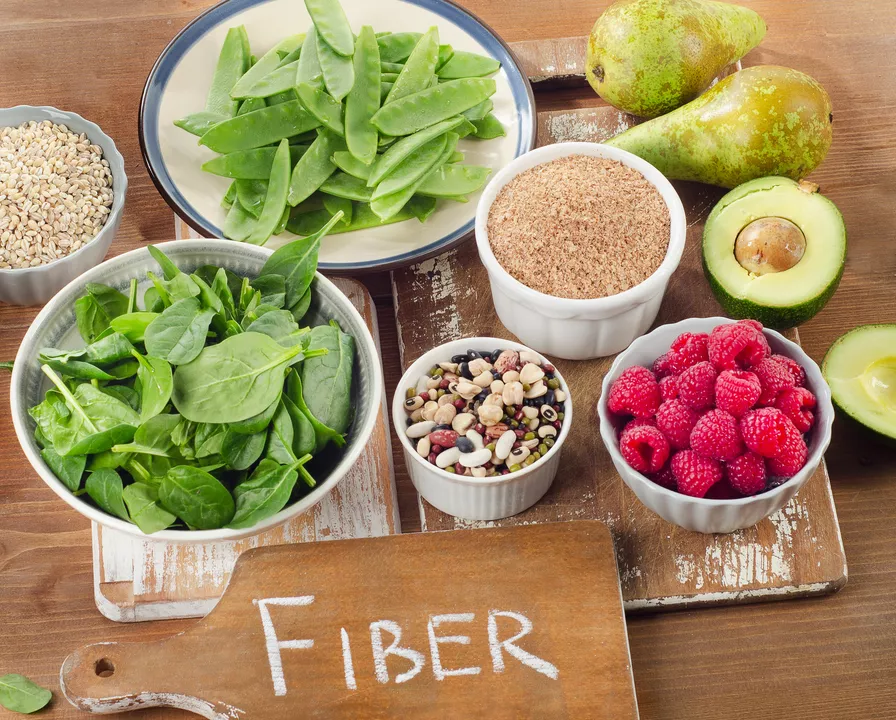Nutrient-Rich Foods & Supplements: Simple, Useful Picks
Want nutrient-rich choices that actually fit into real life? This tag page groups clear, practical guides on whole foods and supplements that give real value. No hype—just straightforward tips on what helps, when to use supplements, and how to pick quality products.
Start with food first. Fatty fish (salmon, sardines), dark leafy greens (spinach, kale), beans, lentils, nuts, seeds, eggs, and yogurt give a wide mix of vitamins, minerals, protein, fiber, and healthy fats. Try an easy swap: replace one refined grain meal a day with a bean or whole grain and add a serving of vegetables. That small change increases fiber, B vitamins, and minerals without extra effort.
Supplements we cover and who they help
Some supplements make sense when your diet falls short or labs show a deficiency. Our site includes focused posts like "Artichoke Supplements: Transform Your Health" (liver support, cholesterol help), "Why Jackfruit Dietary Supplements are Taking the Health World by Storm" (fiber, vitamin C), and "Uncover the Healing Power of Goldthread" (traditional digestive support). Each article explains what evidence exists, typical doses, and who should avoid the supplement.
When to consider a supplement: confirmed deficiency (low vitamin D, low B12, iron-deficiency), restrictive diets (vegan or limited intake), older age, or specific medical needs. Don’t guess—get a simple blood test and match the supplement to the lab result.
How to choose safe, effective products
Look for standardized extracts (they state the active compound), clear dosage instructions, and third-party testing seals (USP, NSF, or independent labs). Avoid vague labels that list a “proprietary blend” without amounts. Price isn’t the only quality marker—read reviews, check return policies, and prefer brands that publish certificates of analysis.
Practical daily tips: pair vitamin C foods with iron sources (spinach + orange) to boost iron absorption; add healthy fat (olive oil or avocado) to meals that contain vitamins A, D, E, or K; rotate food sources—don’t rely on a single supplement as a crutch. Store supplements in a cool, dry place and watch expiration dates.
Safety matters. Some herbs interact with medicines; pregnant or nursing people and those on multiple prescriptions should consult their clinician before starting new supplements. Our site also covers drug-specific safety topics to help you spot interactions quickly.
This tag brings together short, usable guides and full articles so you can pick nutrient-rich foods and supplements wisely. Start small: add one extra vegetable to a meal, try a fish or legume twice this week, and consider a vitamin D test. Little, consistent changes lead to better nutrition without overcomplicating your routine.
Spinach: The Natural Dietary Supplement You've Been Searching For
I've recently discovered that spinach is the natural dietary supplement we've all been searching for! It's packed with essential vitamins and minerals that promote overall health. Not only is it low in calories, but it also offers a wide range of benefits, from boosting our immune system to improving our skin and hair. I've been incorporating more spinach into my daily meals, and I can already see the difference! Trust me, you'll want to give this amazing superfood a try.
View more
